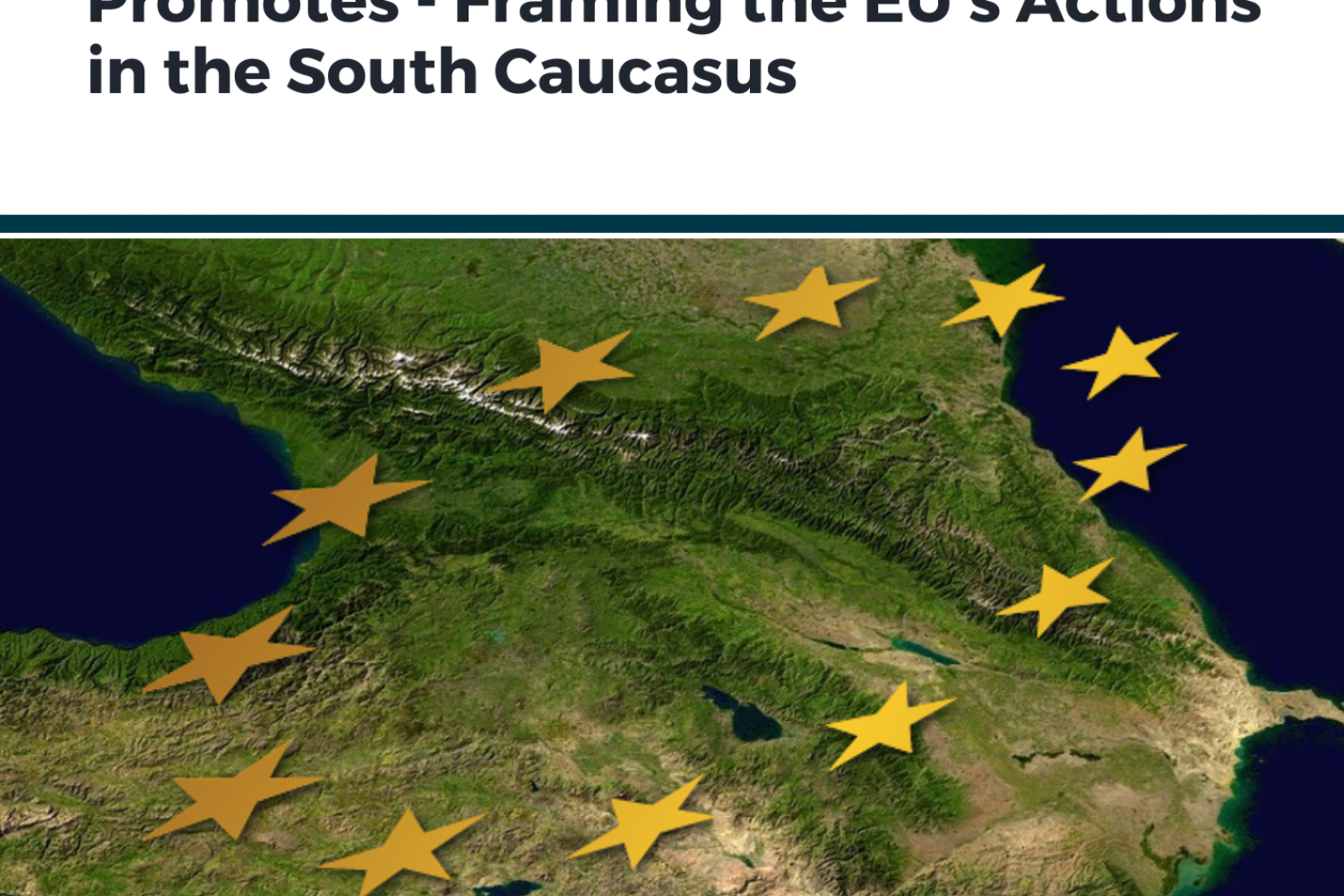2024-05-20 13:29:00
The problem for the EU as an independent geopolitical player has long been discussed in academic and policy related literature. The enlargement process itself inherently deepened the quest for a more visible European footprint globally, and especially in its immediate neighborhood. At the same time the South Caucasus, a region long regarded as a buffer-zone between Russia, Europe and other “big players”, has been increasingly articulating its interest for a more European footprint. By opening negotiations on membership with Ukraine and granting Georgia candidacy status, as well as hailing Armenia’s interest in a European perspective, Brussels, in fact, has made a clear geopolitical claim and questioned the existing format of cooperation such as the Eastern Partnership (EaP). Hence, this article examines the dilemmas facing the forming of a more clear-cut and articulated EU-strategy in the South Caucasus region, and suggests several policy changes that would bring far more clarity to the strategic objectives of the EU and better security in achieving these objectives, i.e. securing its footprint in the region.
Key Words: EU, South Caucasus, Strategy, Security, Membership
Policy Paper #43 | May 2024
This publication was produced in cooperation with the Open Society Georgia Foundation (OSGF). The contents of this publication are the sole responsibility of the author and can in no way be taken to reflect the views of the Georgian Institute of Politics (GIP) and the Open Society Georgia Foundation (OSGF).
This article was developed as a part of RSSC SG (PFP Study Group Regional Stability in the South Caucasus) workshop held in Chisinau on 11-13 April 2024.

Author
Shalva Dzebisashvili




